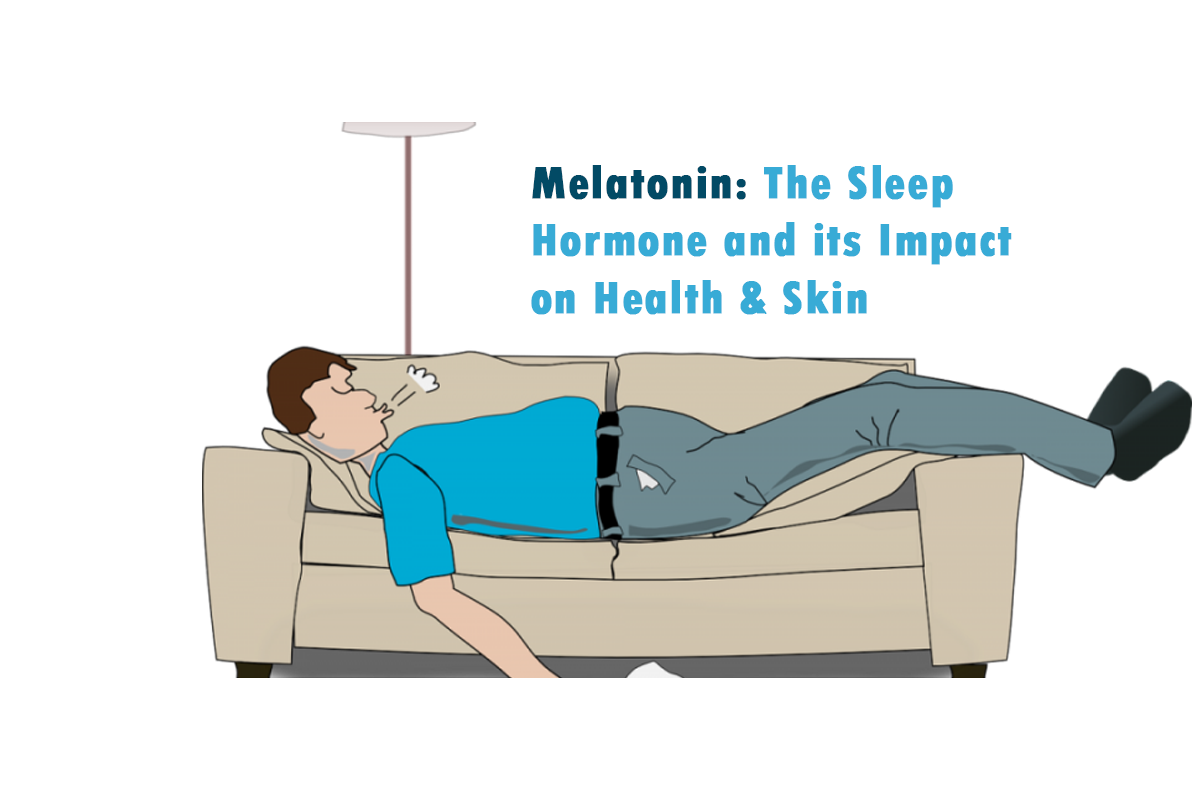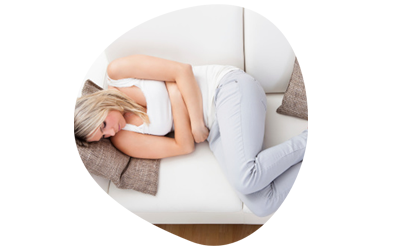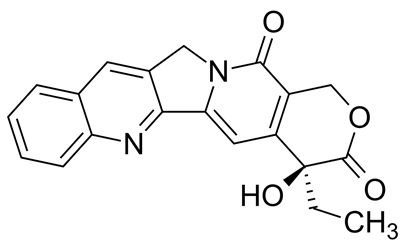
Melatonin: Benefits for Sleep, Skin & Health
What is Melatonin?
Melatonin is a hormone primarily produced by the pineal gland in the brain. It regulates the sleep-wake cycle (circadian rhythm) and plays a crucial role in maintaining healthy sleep patterns. Beyond sleep, melatonin also acts as a powerful antioxidant, supporting immune function, brain health, and even skin repair.
How and When Does the Body Produce Melatonin?
Melatonin production is influenced by light exposure:
- Darkness triggers the pineal gland to release melatonin, usually around 9 PM to 10 PM, peaking between 2 AM and 4 AM.
- Light exposure (especially blue light from screens) suppresses melatonin, disrupting sleep.
- Age affects production—melatonin levels decline with age, which is why older adults often struggle with sleep.
What Happens if Melatonin is Low?
Low melatonin can lead to:
- Insomnia
- Fragmented sleep
- Delayed sleep phase disorder
1. Sleep Disorders
- Increased susceptibility to infections
- Poor inflammatory response
2. Weakened Immune System
- Premature wrinkles
- Poor skin repair
- Increased sensitivity to environmental damage
3. Accelerated Aging & Skin Damage
Melatonin is a potent antioxidant that protects skin from UV damage and oxidative stress.
Low levels may lead to:
- Anxiety, depression, and seasonal affective disorder (SAD) are linked to melatonin imbalance.
4. Mood Disorders
- Poor sleep is associated with higher risks of diabetes, heart disease, and neurodegenerative disorders like Alzheimer’s.
5. Increased Risk of Chronic Diseases
Natural Ways to Boost Melatonin
- Tart cherries (one of the best natural sources)
- Walnuts, almonds, and pistachios
- Bananas (contain tryptophan, a melatonin precursor)
- Oats, rice, and barley
- Tomatoes, olives, and grapes
1. Diet: Foods Rich in Melatonin or Its Precursors
2. Lifestyle Adjustments
- Reduce blue light exposure (avoid screens 1-2 hours before bed).
- Sleep in complete darkness (use blackout curtains).
- Maintain a consistent sleep schedule.
- Exercise regularly, but avoid intense workouts close to bedtime.
3. Herbs & Natural Supplements
- Chamomile tea (contains apigenin, which promotes relaxation).
- Valerian root (improves sleep quality).
- Lavender oil (aromatherapy reduces stress and enhances sleep).
Melatonin Supplements: Types and Safety
1. Types of Melatonin Supplements
- Immediate-release (best for falling asleep).
- Extended-release (helps with staying asleep).
- Sublingual tablets (faster absorption).
2. Dosage & Duration
- Start with a low dose (0.5 mg to 3 mg) 30-60 minutes before bed.
- Short-term use (1-3 months) is generally safe.
- Ashwagandha – An adaptogen that lowers cortisol.
- Long-term use should be supervised by a doctor.
3. Potential Side Effects
- Drowsiness, dizziness, or headaches.
- Hormonal fluctuations (especially in high doses).
- Not recommended for pregnant women or autoimmune patients without medical advice.
Conclusion:
Melatonin is essential for quality sleep, skin health, and overall well-being. Low levels can disrupt sleep, accelerate aging, and weaken immunity. While diet and lifestyle changes can naturally boost melatonin, supplements may help in the short term. For optimal results, maintain a sleep-friendly routine and consult a healthcare provider before long-term supplementation.
Disclaimer:
The information provided in this article is for educational and informational purposes only and is not intended as medical advice. Melatonin affects individuals differently, and its use should be discussed with a qualified healthcare provider.
Disclosure: As an Amazon Associate, We earn from qualifying purchases. Product prices and availability are accurate as of the date/time indicated and are subject to change.
Lactic Acid
HERE
LEAVE A REPLY
Your email address will not be published. Required fields are marked *
Fast Delivery
Across West & East India
safe payment
100% Secure Payment
Online Discount
Add Multi-buy Discount
Help Center
Dedicated 24/7 Support
Curated items
From Handpicked Sellers





LEAVE A COMMENTs
Jessica
"I always thought melatonin was just for jet lag—had no idea it affects skin and immunity too. The science-backed links convinced me. Time to try tart cherry juice."
Joseph Martin
"You mention long-term use should be supervised—but my doctor said it’s fine to take nightly. Why the contradiction?"
Eva Jackson
"Which melatonin brand do you recommend? The market is overwhelming!"